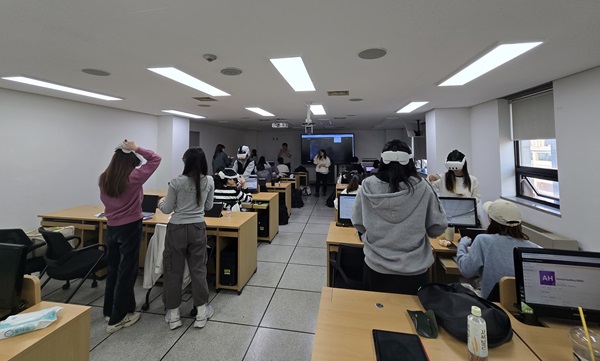Presenteeism in the UK has more than tripled since 2010, with 86% of people observing it in the workplace last year compared to 26% just under a decade ago.
According to the CIPD/Simplyhealth Health and Well-being at Work survey, ‘leavism’ – where people use annual leave to work – is also a growing problem, with more than two-thirds reporting leavism has occurred in their organisation over the last year.
In light of 1 in 5 people ignoring their doctors advice to stay at home when unwell, and just under a third going to work when suffering from stress, anxiety or depression, Lucinda Pullinger, Global Head of HR at Instant Offices explores the impact of presenteeism in the modern workplace.
A Global Issue
Previously defined as “showing up to work when one is ill” the concept of ‘presenteeism’ has evolved to include a wide range of detrimental behaviours relating to how we work. This includes employees who arrive early and stay late to show commitment, those who work during annual leave and those who respond to emails at all hours, mistaking an unhealthy attitude towards work as a strong work ethic, often to the detriment of their personal wellbeing.
Studies suggest those who show up for work ill can be over 30% less productive than when they are well, and that the costs of presenteeism far outweigh those of illness-related absenteeism or disability.
According to a report by Nottingham Business School, employees coming to work ill can cost a business £4,000 in lost business per employee, each year. While in the US, 56% of employers say presenteeism is a problem in their organisation, with burnout and low productivity 7.5 times greater with presenteeism than absenteeism.
What Drives Presenteeism?
Although figures from the ONS indicate, in the past 25 years, sickness absence has steadily decreased, the pressure to turn up at work at all costs has significantly increased presenteeism, which results in a toxic workplace culture in which no one wins.
A report on presenteeism by Employment Studies found some of the leading causes include:
Manager Behaviour
Managers are double up as role models within a company and can significantly influence work culture. However, due to a sense of responsibility to their teams, managers can also be presenteeism culprits, and unknowingly put pressure on employees to act the same way.
Concern for Colleagues
Studies show presenteeism is predominant in jobs where attendance influences other people. Employees are likely to go to work ill to avoid a colleague dealing with an additional workload or pressure, especially in situations where there is no replacement.
Company Culture
Studies have found perfect attendance to be seen as a sign of commitment to a job, while taking time off sick is seen as a sign of under-performance, particularly in the private sector. This kind of work ethic can be unknowingly perpetuated in an organisation by senior managers and long-time employees.
Job Stress
In the UK, 44% of stress or depression is caused by a high workload, yet almost half of managers are not trained on managing mental health problems. When it comes to stress and presenteeism, the correlation between the two is high, and employees who feel unsure about their job security are more likely to show up when ill.
Combating Presenteeism In the Workplace
Increase Focus on Wellness
Being able to support and manage employees with health and mental health issues, and having perks tailored t encourage a healthier and happier workplace culture can boost employee satisfaction and productivity.
Encourage Senior Members to Lead by Example
By managing their own absence and presence and encouraging a healthy work-life balance, line managers and senior members of staff can act as better role models for the organisation, inspiring their teams to do the same.
Enable Flexibility
Employees who an adjust their working hours and environment, particularly if they have a health condition are less likely to fall into the cycle of presenteeism. By offering options such as flexible working options or hours, employees can feel more in control and still maintain their work.







